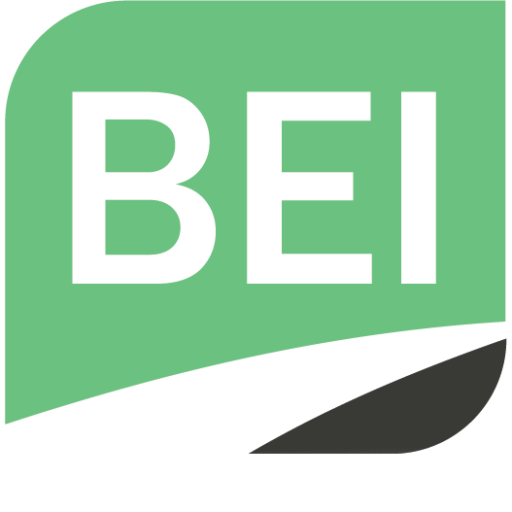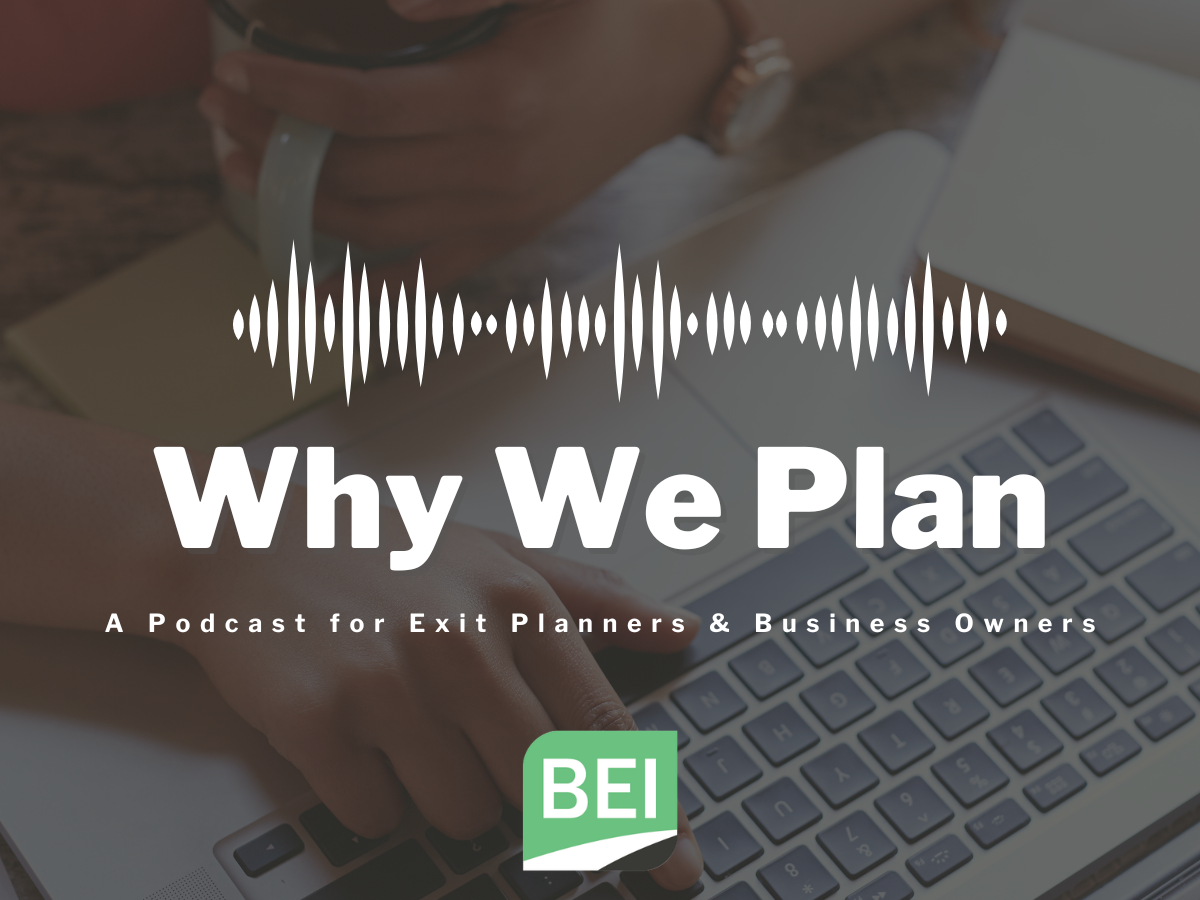In today’s competitive business landscape, business owners face numerous challenges in running their organizations successfully. Between navigating through complex decisions that impact the future, fluctuations in the market, and ever-changing customer demands, developing a business plan that includes exiting one’s business typically falls by the wayside. In this dynamic environment, having a trusted business advisor by their side can make a significant difference. In this blog, we’ll explore what it means to be a trusted business advisor and how this role can benefit both your business-owning clients and your advisory practice when it comes to Exit Planning. Understanding the Role of a Trusted Business Advisor: Being indispensable to your client and building a relationship based on trust go hand in hand, and goes beyond the traditional role of a typical service provider. They develop a deep understanding of their clients’ business, objectives, and challenges, becoming a valued confidant and strategic partner. This relationship is built on trust, integrity, and a shared commitment to the success of the client’s business. Building a Strong Partnership: To be a trusted business advisor, it’s crucial to establish a strong partnership with your clients. This involves actively listening to their goals, concerns, and vision for the future. By understanding their unique needs and aspirations, you can provide tailored advice and support that aligns with their business objectives. Providing Objective and Expert Guidance: One of the primary responsibilities of a trusted business advisor is to offer objective and expert guidance. This means providing insights and recommendations based on your industry knowledge, experience, and analysis of your clients’ circumstances. Whether it’s strategic planning, financial management, or operational improvements, your expertise can help your clients make informed decisions and avoid potential pitfalls. Acting as a Sounding Board: Running a business can be a long, intense journey, and business owners often need someone to bounce ideas off and discuss their challenges. As a trusted business advisor, you can serve as a sounding board for your clients. By actively listening and asking thought-provoking questions, you can help them gain clarity, consider different perspectives, and explore innovative solutions. This collaborative approach strengthens the client-advisor relationship and fosters a sense of shared ownership in the decision-making process. Providing Timely and Relevant Insights: In a rapidly evolving business landscape, staying ahead of the curve is crucial. A trusted business advisor stays updated with industry trends, market conditions, and regulatory changes. With BEI, we empower you to be the best advisor you can be. With our Free Exit Planning Toolkit, you’ll have access to 15+ resources to get you thinking about ways to get new clients, and engage them in an Exit Planning Process. By providing timely and relevant insights, you can help your clients anticipate challenges, identify opportunities, and adapt their strategies accordingly. Sharing industry best practices and success stories can further empower your clients to make informed choices and achieve their business goals. Nurturing Long-Term Relationships: Being a trusted business advisor involves nurturing long-term relationships with your clients. This means going beyond project-based interactions and maintaining regular communication. By proactively reaching out, staying engaged, and offering ongoing support, you can demonstrate your commitment to their success. Building strong relationships also encourages client loyalty, referrals, and potential collaborations in the future. The Bottom Line Being a trusted business advisor is a role of great responsibility and privilege. By developing a deep understanding of your clients’ businesses and acting as a strategic partner, you can help them navigate challenges, make informed decisions, and achieve their goals. Keep in mind that developing an Exit Plan with your client is a journey, are you ready for your next adventure? Check out our recent post Exit Planning as an Advisor’s Next Adventure! Remember, trust is the foundation of this relationship, so always prioritize integrity, confidentiality, and the best interests of your clients. By embodying the traits of a trusted business advisor, you can become an invaluable asset to your business-owning clients and contribute to their long-term success.

























